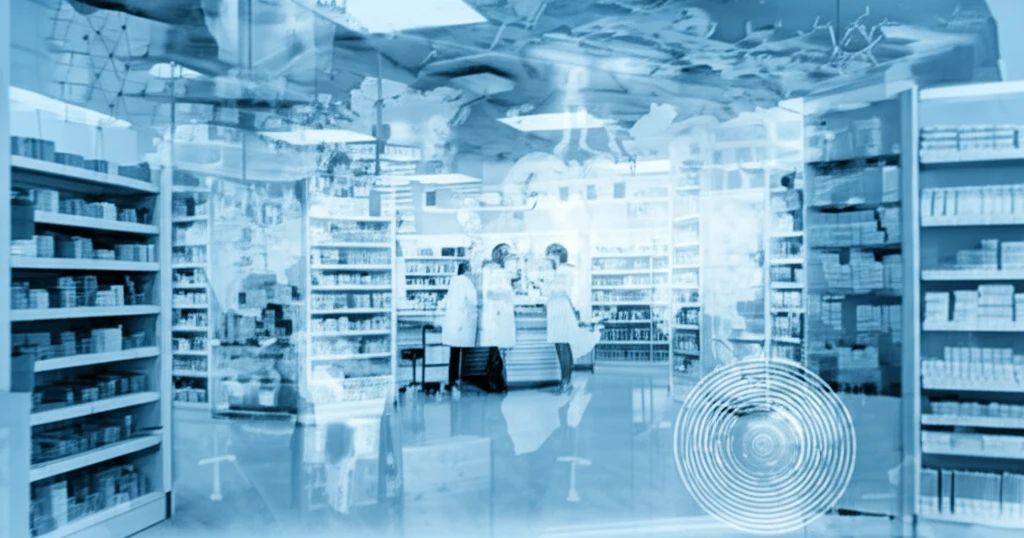
Hospital Pharmacy's North Star: How Basel Statements Guide Better Patient Care
"Updated and relevant, the Basel Statements offer a roadmap for improving hospital pharmacy practices worldwide, ensuring better patient outcomes."
In 2008, the International Pharmaceutical Federation (FIP) convened a landmark World Conference on the Future of Hospital Pharmacy in Basel, Switzerland. This pivotal meeting culminated in the creation of 75 consensus statements, known as the Basel Statements, which articulated a shared vision for hospital pharmacy practice. These statements quickly became a touchstone for professionals worldwide, guiding efforts to enhance pharmaceutical services and patient care.
Recognizing the need to stay current with evolving practices, leaders and practitioners of hospital pharmacy undertook a comprehensive review of the Basel Statements in 2014. This revision aimed to ensure the statements remained relevant and applicable to contemporary challenges. The review process involved a multi-phased approach, including a global online survey, an online forum for in-depth analysis, and a 'World Cafe' style workshop to foster collaborative discussion.
The meticulous revision process reaffirmed the enduring value of the Basel Statements while incorporating new insights and addressing emerging issues. The updated statements provide a robust framework for hospital pharmacies to optimize their operations, enhance patient safety, and contribute to improved healthcare outcomes. Let's delve into how these statements have evolved and why they remain essential for every hospital pharmacist.
The Basel Statements: A Roadmap for Modern Pharmacy Practice

The initial phase of the review, conducted in late 2013 and early 2014, involved a survey distributed to hospital pharmacy stakeholders worldwide. Participants were asked to evaluate each statement, indicating whether they agreed with the current wording, believed it should be eliminated, or suggested revisions. Those proposing revisions had the opportunity to offer specific wording changes, and respondents could also submit entirely new statements. The survey garnered 334 responses from 62 countries, reflecting a broad consensus on the need for updates.
- The role of technology assessment
- The accountability of hospital pharmacies in ensuring the integrity of outsourced sterile products.
- The training of specialized hospital pharmacists
Embracing the Basel Statements: A Call to Action
The FIP Hospital Pharmacy Section leadership believes that these statements offer a valuable roadmap for hospital pharmacy practice, with a truly global reach and reflection of ideal standards. We urge you to explore these statements, identify areas for improvement, and share your successes with the broader pharmacy community. By embracing the Basel Statements, we can collectively elevate hospital pharmacy practice and optimize the value pharmacists bring to patient well-being. Take the first step today – review the statements and implement changes that will enhance pharmaceutical care in your setting.
